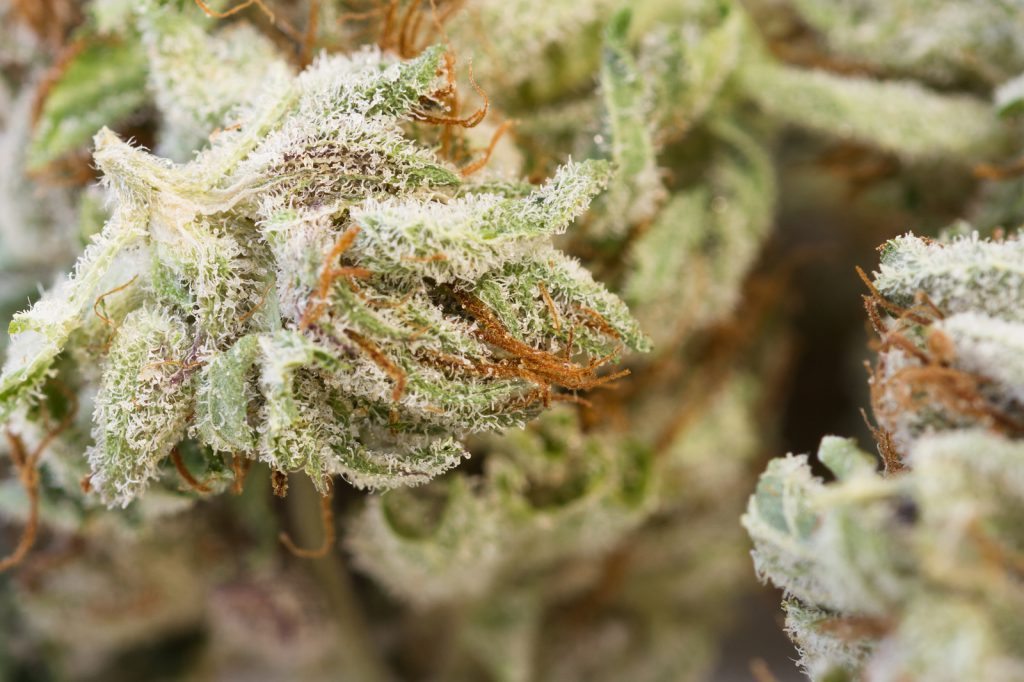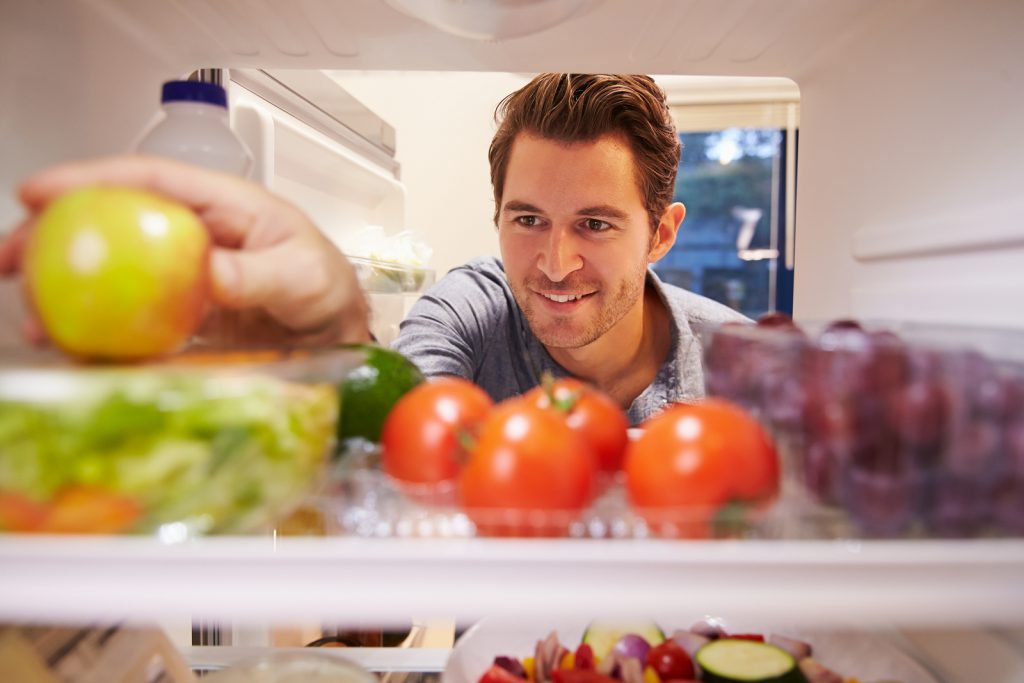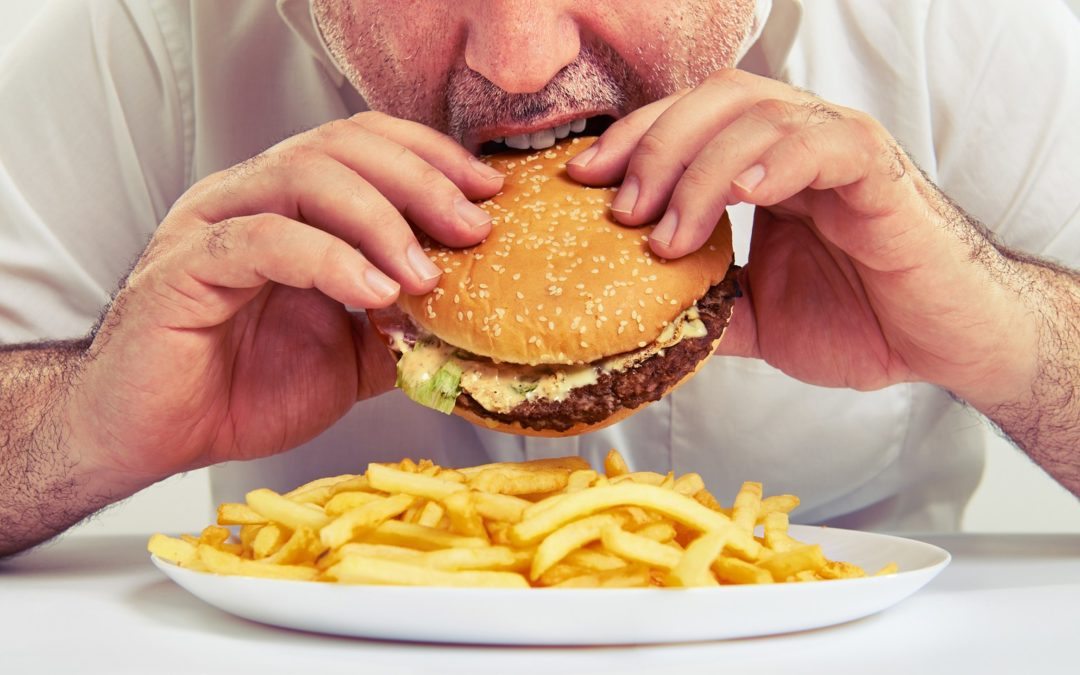“The munchies” may not be a scientific term, but it gets the point across: Cannabis stimulates appetite. There is ample medical research (and even more anecdotal evidence) indicating that marijuana increases our desire to eat. On the positive side, this has opened up treatment options for patients with eating disorders, ulcerative colitis, and other conditions that interfere with nutrition and weight gain. Interestingly, studies show that, on average, Cannabis users have lower BMI (body mass index) than non-users, despite the munchies. Nonetheless, this isn’t a carte blanche to be careless. For people who are trying to go in the opposite direction and maintain or decrease their weight, the munchies can pose an obstacle. If you’re a Massachusetts medical marijuana patient who’s been struggling to manage the munchies, try these six simple tips to help get your snacking habits under control.
Why Does Marijuana Make You Hungry?
As I said, there is a glut of evidence – no pun intended – that Cannabis promotes appetite. But why does marijuana have this effect? For many years, the answer was unclear.
“What drives that, nobody has ever really known,” said Yale University neurobiologist Tamas Horvath in a 2015 interview with the Washington Post. “We accidentally bumped into that.”
Horvath was one of the researchers behind a study, published earlier that year in Nature Neuroscience, which sought to settle the long-unanswered question. In Horvath’s own words, “It’s like pressing a car’s brakes and accelerating instead. We were surprised to find that the neurons we thought were responsible for shutting down eating, were suddenly being activated and promoting hunger, even when you are full. It fools the brain’s central feeding system.”
When you get the munchies, what’s happening on a biological level is that THC (and other, less famous Cannabinoids) are activating your brain’s Cannabinoid receptors. Horvath’s study found that, at least in mice, THC “promotes neuronal activity of POMC cells” in the hypothalamus, triggering feelings of hunger – even if the subject is full. This is unexpected because POMC cells normally suppress appetite, which is what Horvath was referring to when he said “the neurons we thought were responsible for shutting down eating, were… promoting hunger.” 
“Even if you just had dinner and you smoke the pot,” Horvath explained, “all of a sudden these neurons that told you to stop eating become the drivers of hunger.”
While more research is needed to determine whether Cannabis has the same effects on human subjects, Horvath’s findings may be a major piece of the munchies puzzle.
6 Simple Ways to Curb the Munchies While Using Cannabis
You can’t completely eliminate the munchies, but you can take a few simple steps to keep them under control. You can try…
- Controlling your portion sizes. People often get so preoccupied with what they eat, they forget to consider how much they eat. Two or three cookies isn’t a problem, but two or three sleeves is. You don’t have to cut out snacks altogether – just make them a little smaller. Instead of mindlessly noshing straight from the package, pour out one or two servings into a bowl.
- Experimenting with different strains. All alcohol causes intoxication, but drinking beer is a lot different than drinking vodka. Marijuana is similar in that, while all Cannabis causes a “high,” different strains have different effects. The next time you visit your dispensary, try choosing a different strain than what you normally use. You may find your urge to snack is less overpowering with a different type of Cannabis.
- Making snacking inconvenient for yourself. Remember when you were a kid, and your parents would hide the cookies on a high shelf so that you couldn’t reach them? It may sound a bit silly, but you can try this technique on yourself, too. Before you use your medicine, round up any foods you’re trying to avoid and place them somewhere difficult to access. You can even tell a roommate to hold onto them. The sheer hassle of getting to the food may discourage you from snacking.
- Staying hydrated. Have you ever been hungry, only to feel worse after eating? You may have thought your body wanted food when it actually wanted water. Warning signs of dehydration – some of which can be exacerbated by smoking – include dry mouth, headache, dry skin, and constipation. The next time munchies kick in, down a glass of water before you reach for the snacks. You’ll feel fuller and eat less.
- Shopping for groceries strategically. As the saying goes, “If you can’t beat ‘em, join ‘em.” If all else fails, make the munchies work for you. If you’re know for a fact that you’re going to use Cannabis later that day or evening, fill up your shopping cart with fruits and veggies instead of junky snacks like potato chips and ice cream. Not only will this encourage you to snack mindfully, it might also increase your appreciation for the flavors and textures of healthy foods, which can have positive effects on your cooking and eating habits in the long-term.
- Taking yourself out of the tempting environment. Roommates ordering a few boxes of pizza? If you know you’ll be unable to resist, consider removing yourself from the environment for a little while. A 15-minute stroll around the neighborhood can work wonders.

If You’re Interested in Seeing If Medical Marijuana is Right For You, Contact Dr. Jordan Tishler
Hopefully, these tips will come in handy next time the munchies strike. But if you have any questions about making your lifestyle healthier, or if you’d like to talk about becoming a patient, I encourage you to call me at (617) 477-8886 to learn more about your eligibility for medical marijuana in Massachusetts. Cannabis has helped countless patients obtain relief from the symptoms of serious medical conditions, including chronic pain, cancer, arthritis, glaucoma, HIV, ALS, and Parkinson’s disease.

